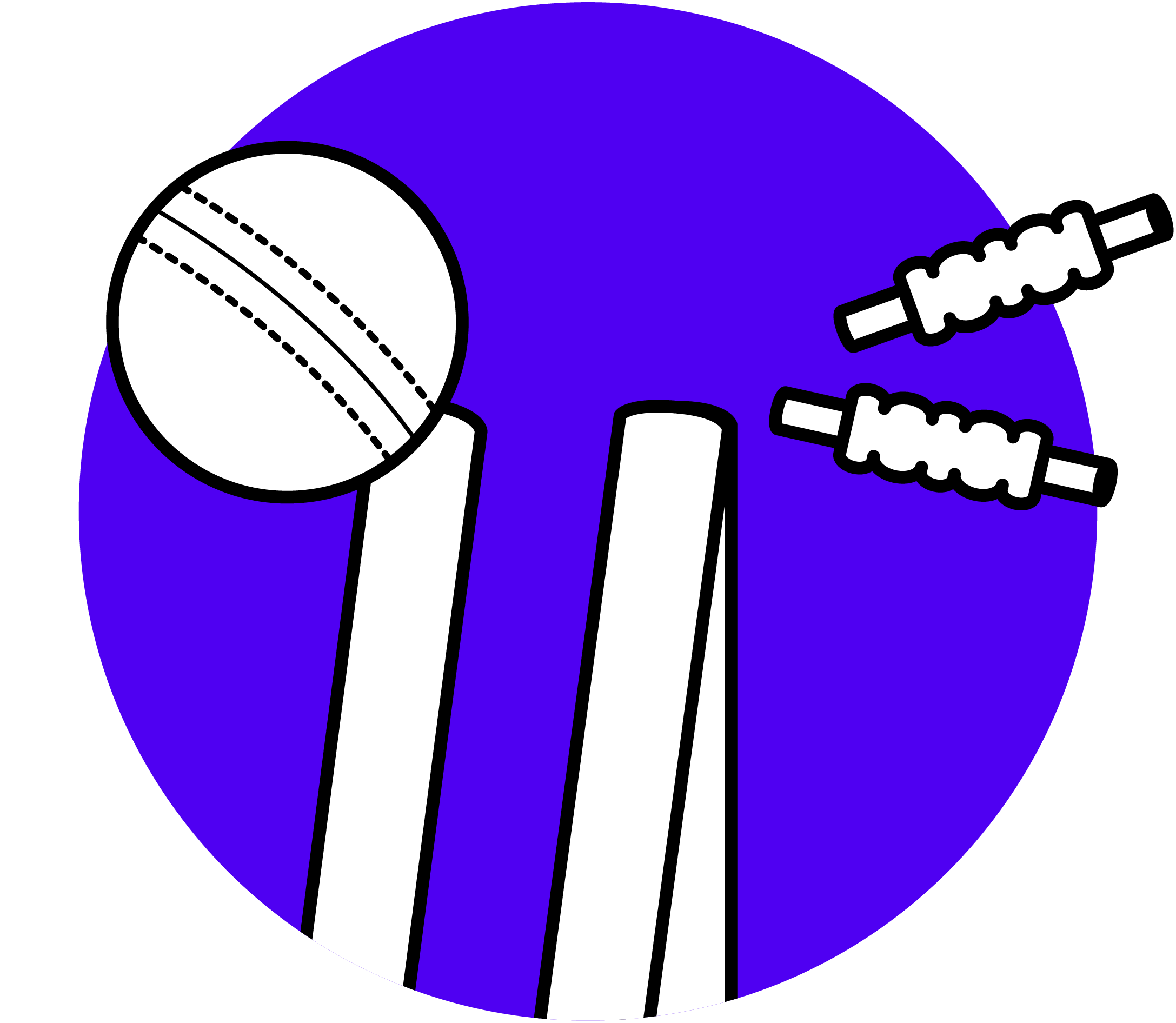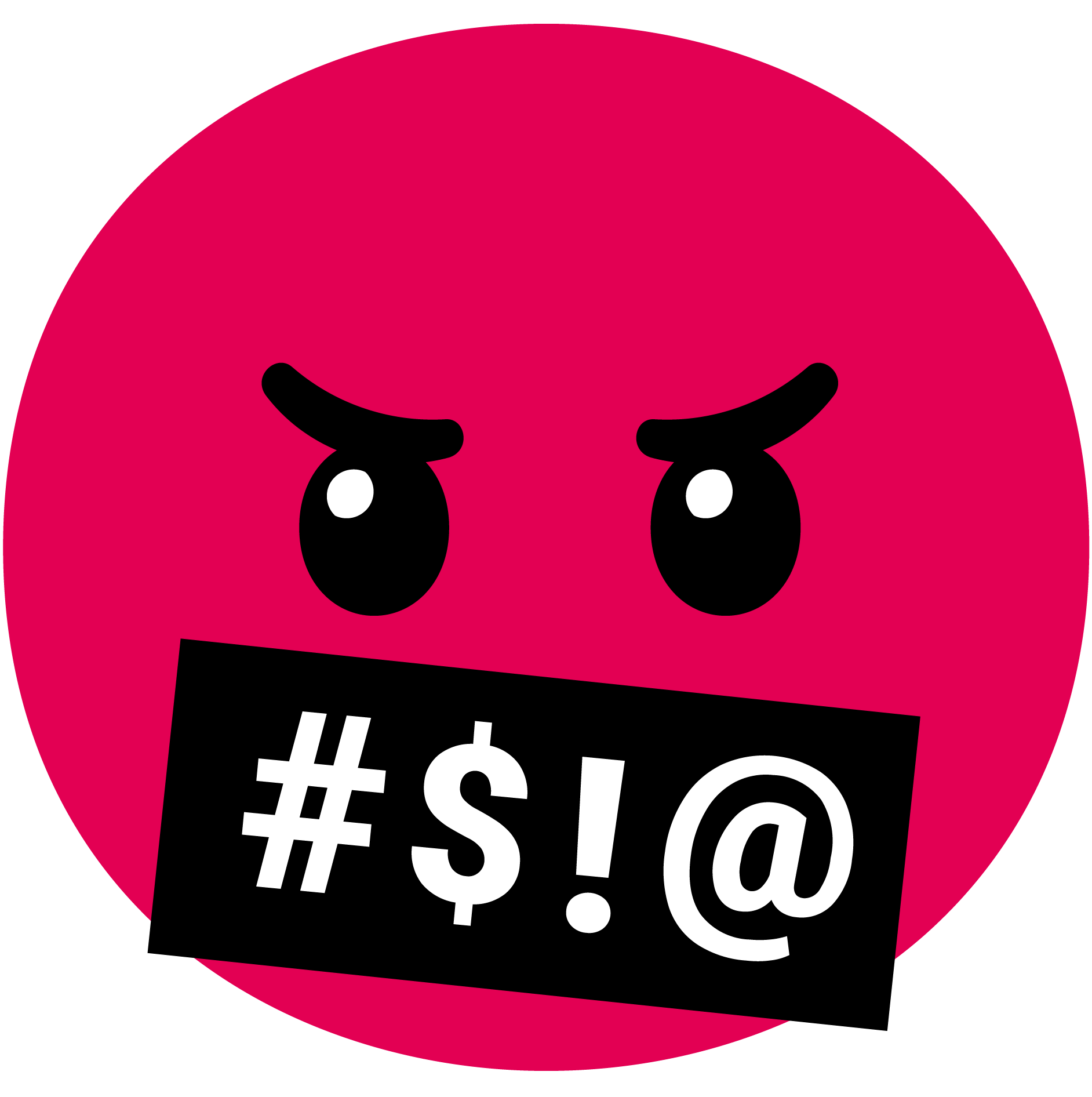
- Online abuse of sportspeople and pundits becoming normalised and spilling into real world
- Some turning down job opportunities and coming off social media
- Others fear for their families’ safety and barricade themselves inside due to threats
Online abuse is having a significant impact on the ability of sportspeople and pundits to do their jobs, live their lives and express themselves, according to new research published by Ofcom.
As part of Ofcom’s work to implement the UK’s Online Safety Act, the regulator will produce a Code of Practice on how certain ‘categorised’ services can comply with duties to offer adults tools that help users manage the content they see.[1]
These user empowerment duties were, in part, influenced by the abuse and hate experienced by people in the public eye, including sports professionals. Ofcom teamed up with Kick It Out – the anti-discrimination body in sport – to hear directly from people working in sport who have suffered online hate and abuse.[2]
This is part of a broader programme of work to better understand the lived experience of groups and individuals who have been particularly impacted by online harm. We have previously explored the volume of hate and abuse faced by footballers on X (previously called Twitter), and researched the impact of online hate directed at members of the general public.
For many who work in sport, an online presence is not just a necessary part of their job, but vital for their career. They can connect with fans, keep up with discussions, and build a public profile that can lead to opportunities like sponsorship deals. But this can come at a cost.
Afraid to leave their homes
Sportspeople and commentators we spoke to recognised the inevitability of receiving criticism as figures with a public profile, but told us that online abuse had become more common, sophisticated and normalised, and bleeds into their offline lives, impacting their families and friends.
Some said they were now more careful about when they went out and even felt the need to barricade themselves inside for fear of who they might meet outside. Others have received direct threats to them or family members.
One person told us, anonymously: “I was very, very scared, I didn't leave my house for a week because the impact of online abuse. And then the media writes about it and then it becomes this sort of overwhelming feeling of just dread that so many people are saying such horrible things about you, without you actually having done anything.”
Unable to do their jobs
People we spoke to said that online hate affects their ability to do their jobs, influences career choices and limits what they feel able to say online and on-screen. Some potential pundits have actively chosen not to apply for on-screen roles due to fears about potential online abuse.
Presenters told us they sometimes found themselves self-censoring to try and avoid too much online hate and abuse, while sportspeople said that online hate and abuse had the potential to undermine their confidence, affecting their performance.
Some have come off social media entirely or reduced their online presence by not actively posting content, jeopardising potential career opportunities.
New online safety duties on platforms
Some of the online abuse people experience is illegal under UK law, such as some types of threatening or abusive behaviour and harassment. In March, duties came into force under the Online Safety Act that mean platforms must assess the risk of UK users encountering illegal material and use appropriate measures to protect them from it.[3]
However, much of the abuse people experience online is not illegal under UK laws. In due course, some platforms will be subject to additional duties under the Act, such as providing adult users with features that enable them to reduce the likelihood of encountering certain types of abusive and hateful content.
The people we spoke to who work in sport told us they wanted platforms to enforce their terms of service and that the tools available today, such as blocking or muting, do not go far enough to help protect them and their families and friends against online hate and abuse.
Jessica Zucker, Online Safety Director at Ofcom, said: “So many people who work in sport are subjected to vile abuse online. This is having a devastating impact on them, their livelihoods and their families, and no-one should have to put up with it.
“The UK’s new online safety laws mean tech firms now have to start protecting people on their sites and apps from illegal forms of abuse. And when all the rules are fully in force, some of the largest social media platforms will have to give users more control over what they see online.
“People with lived experience of harm online are at the heart of the rules we make and the action we take. We’ll be pushing companies hard to make their services safer by design, and holding them to account if they don’t.”
Sanjay Bhandari, Kick It Out Chair, said: “The impact of online abuse is undeniable, and the rise in discriminatory social media reports to Kick It Out last season shows it’s getting worse. Time and again, players and others across the game tell us about the mental toll this abuse takes, and we welcome this new report, which highlights just how deep that impact runs.
“This isn’t about a few hateful comments. It’s about a culture of abuse that has become normalised. It’s about a social media ecosystem that too often enables and amplifies abuse. And it’s about victims who feel imprisoned by that culture of abuse.
“It’s vital that we see social media companies step up with meaningful tools that give users real control over what they see and experience online. They can do it now if they choose. But if not, Ofcom has a critical role to play in holding platforms to account through strong, consistent enforcement.”
Wayne Barnes OBE: A shocking experience that has hurt our family relationships.
Wayne Barnes OBE is a retired English international rugby union referee.
As an international rugby referee, I didn’t expect to always be popular. I accepted that there was always going to be a certain level of criticism towards me on social media about my performance, because it is the job of a referee to make big decisions. I could handle that. The trigger for the abuse online would usually be an incident in a big international game – and especially if a coach had said something that cut through into the media. Fans would jump on that bandwagon and there would be forum posts saying things like “Wayne Barnes should die!”, “Wayne Barnes should be hung!” or images of me as an effigy being attacked.

But ultimately it wasn’t about the impact on me – I felt I could take it. What made it worse was the direct impact over time on my family. I wasn’t active on social media, but my wife was, so she would read the bile posted about me first hand. She then became the subject of the abuse, with people attacking her personally via direct messages to her social media accounts and work email address, or by posting fake and offensive friend requests. The abuse went on for some time - misogynistic language aimed at my wife because of her association with me, including comments like “You f*cking bitch! You slut! Tell your husband he’s sh*t” and, at times, threats of sexual violence.
I’m in shock that my wife had to deal with that. You don't mind people abusing you, but you want to protect your family.
Azeem Rafiq: We have had to change the way we live. It’s like you’re not in control of your life anymore.
Azeem Rafiq is a former English cricketer who played professionally for Yorkshire County Cricket Club.
I played county cricket, so I was used to the odd bit of criticism, but nothing prepared me for the volume and nature of the abuse I received on social media when I spoke up about the racism I’d suffered as a British Muslim playing for Yorkshire Cricket Club. The impact of this experience on me as a human being and on my mental health has damaged my life to such an extent, I’m not sure I’ll ever be able to quantify it.
People would post on social media that I was a “Dirty P-word”; that I should “F*ck off back to Pakistan” and that “All Muslims are bombers". And then there were posts that linked me to negative stories that had nothing to do with me, simply because I was a Muslim with brown skin, like the stories in the news at the time about grooming gangs in the North of England. I felt overwhelmed, as if the abuse was coming at me from all sides – and when people with their own large online followings piled on to criticise me, it led to me receiving even more racist and Islamophobic posts.
A key thing that made it worse was the constant drip-drip [of abuse] over days, weeks and months. It was all I could think about; it chipped away at me constantly. And over time, that wears you down. The abuse left me feeling incredibly paranoid, at times, and often made me question my sanity. I have had my wife ring me saying someone was watching our house; and that my shop had been attacked. I've also been abused on the street. So, we’ve suffered real world impacts from what people post online and I’ve had to change the way we [as a family] live. It got to the point that we no longer felt safe in the UK, so I made the difficult decision to resettle with my family in Dubai.
At first, I did not block anyone because I felt that would make it look like they were winning. But it got to the point where I had to start engaging with tools with the help of a third-party firm. I soon discovered that the tools were limiting my engagement with online spaces on all levels, which made me worry I might be cutting myself off from positive interactions and opportunities. It’s left me in two minds: I think it's good that people have access to tools, but they alone won’t stop people posting abuse online.
Notes to Editors:
1. Under the Online Safety Act, ‘categorised’ services, which we expect to include some of the most widely-used social media and search services, will have extra obligations, such as giving users more tools to control what they see, ensuring protections for news publisher and journalistic content, preventing fraudulent advertising, producing transparency reports, and consistently applying their terms of service.
2. We conducted seven individual interviews and nine group discussions with sportspeople, on-screen commentators, and professionals working in sport and broadcasting. They were recruited through Kick It Out’s network. Interviews were carried out from August to November 2024.
3. Ofcom is currently assessing platforms’ compliance with these new duties, and will take action if they fail to comply with them. We have enforcement work underway in a number of areas, and have already launched investigations into individual platforms. We expect to make further enforcement announcements in the coming months.
4. Case studies – Wayne Barnes and Azeem Rafiq (content warning: these contain offensive language and details of people’s experiences of online hate and abuse):



